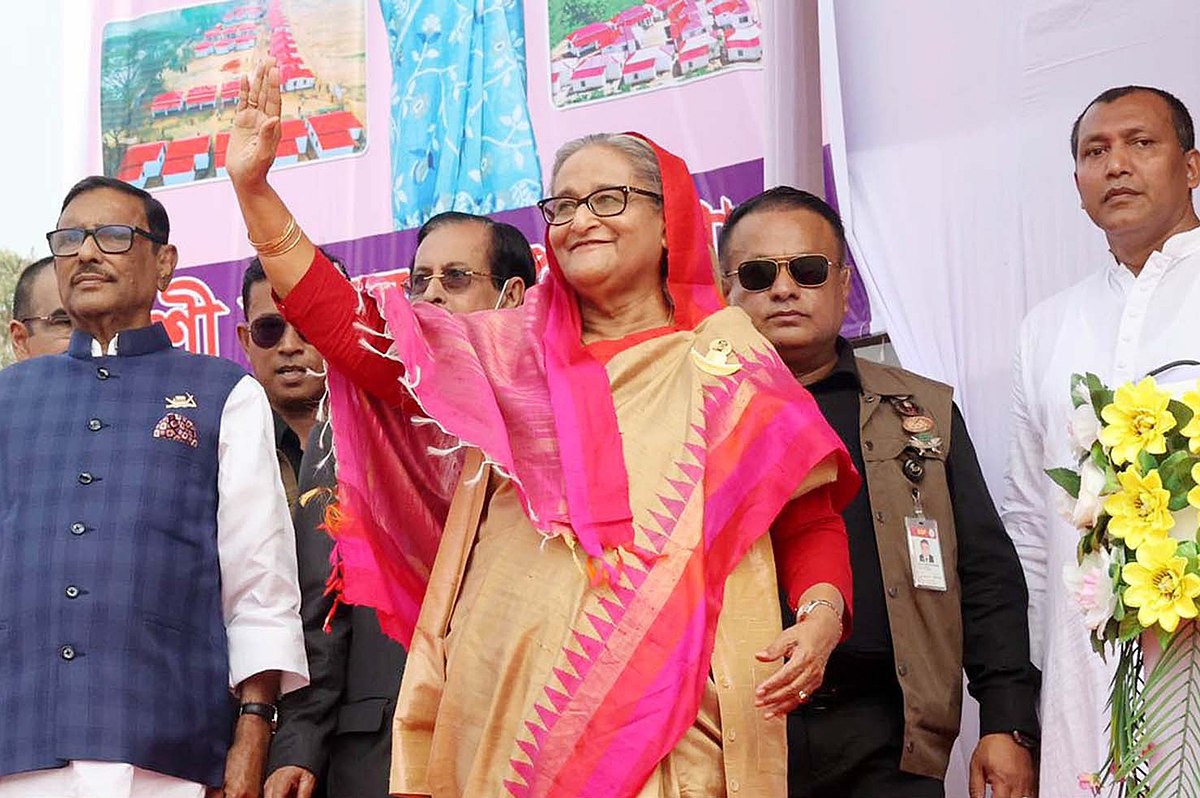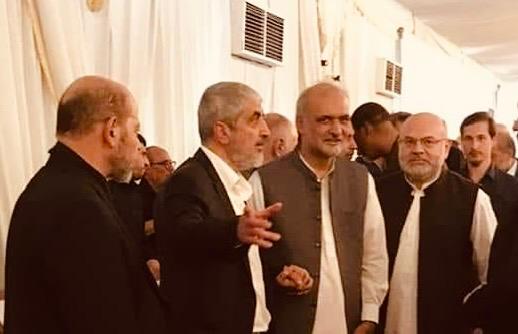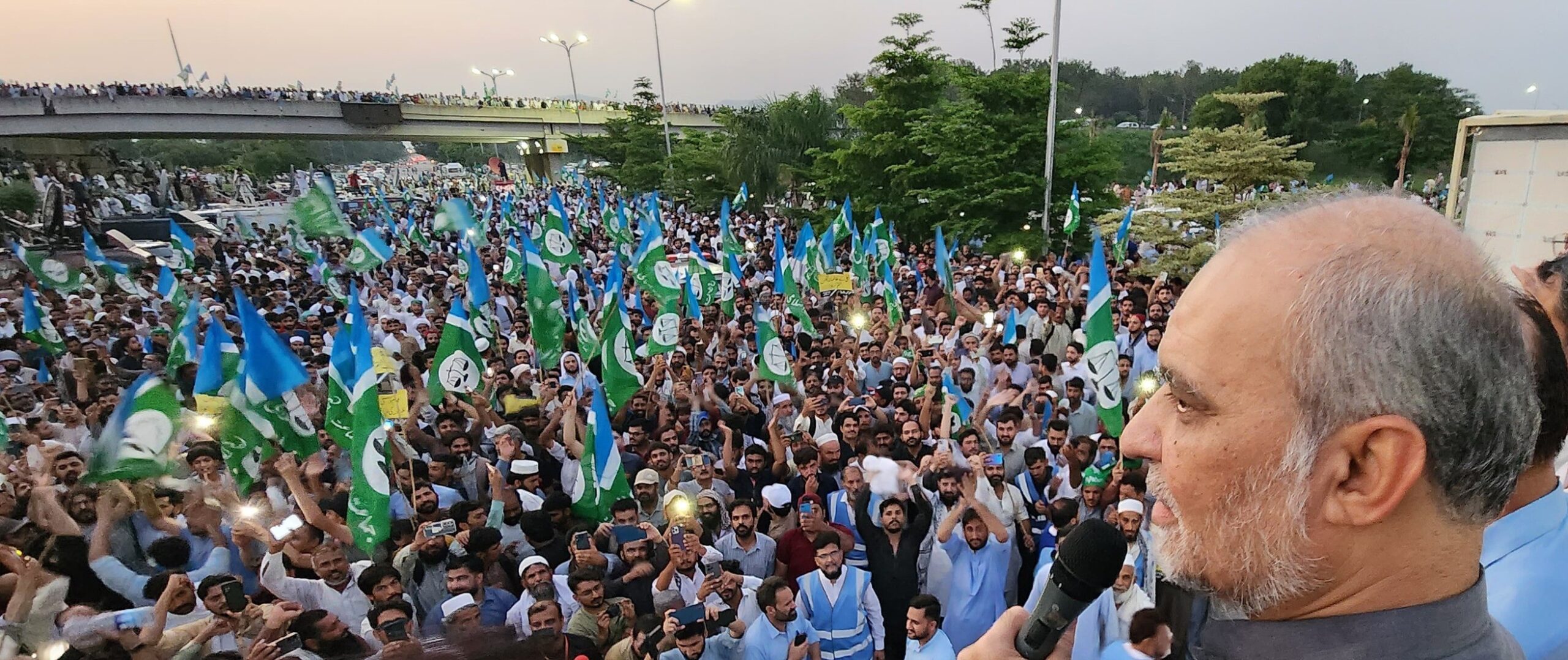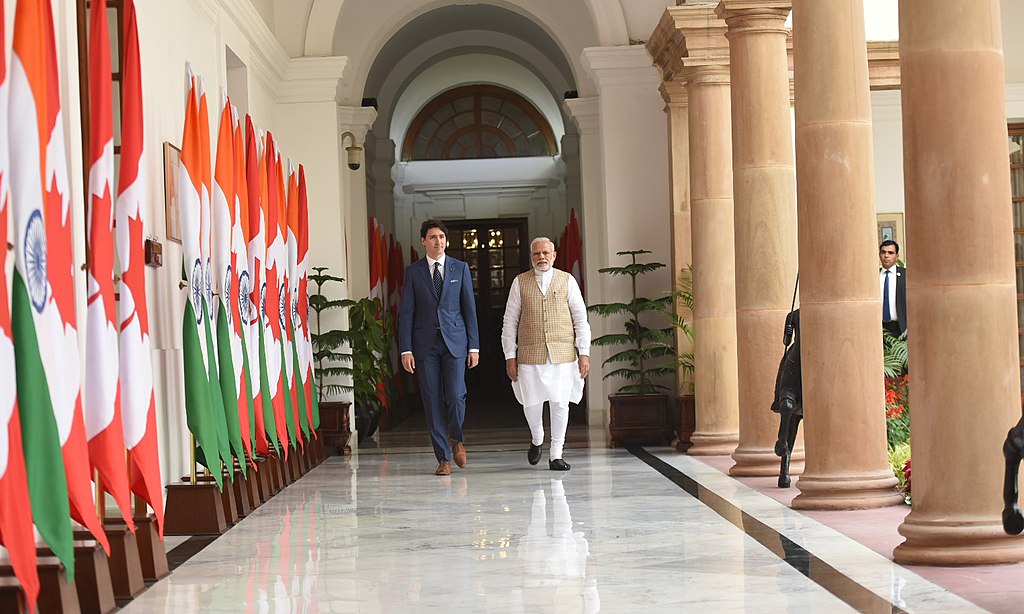This is a summary of the original article by Pew Research Center that may be found here
The Pew Research Center conducted a study on the presence and influence of two transnational Muslim organizations, the Muslim Brotherhood and Jamaat-e-Islami, in Western Europe. Both groups have their origins in the Middle East and have a long history of involvement in Islamic activism. The Muslim Brotherhood, founded in Egypt in 1928, is a Sunni Islamist organization that seeks to promote a society governed by Islamic principles through the establishment of Islamic states. Jamaat-e-Islami, founded in India in 1941, is a similar organization that aims to establish an Islamic state through social and political activism.
Both groups have established a significant presence in Western Europe, particularly in countries with large Muslim populations such as France, Germany, and the United Kingdom. They have done this through the establishment of mosques, Islamic cultural centers, and other religious and social organizations. These groups provide important services to Muslims in the region, including religious education, social support, and cultural programming.
However, these organizations have also faced criticism and controversy in Western Europe. Some Muslims in the region view them positively and see them as providing important services to the community, while others are critical of their ideology and activities. There have been concerns about the alleged links of these organizations to terrorism and extremism, and about their influence on the wider Muslim community in the region. In some cases, these concerns have led to government efforts to monitor or restrict the activities of these groups.
Despite these controversies, the study found that the presence of the Muslim Brotherhood and Jamaat-e-Islami in Western Europe is complex and multifaceted. While they have established a significant presence in the region and provide important services to Muslims, they have also faced criticism and controversy. The study highlights the diversity of views and opinions within the Muslim community towards these organizations, and the challenges and controversies that they have faced in Western Europe. It also emphasizes the importance of understanding the complexity of these groups and the need for a nuanced approach to evaluating their role and influence in the region.
The views expressed herein may not necessarily reflect the views of JI FAD and/or any of its affiliates






